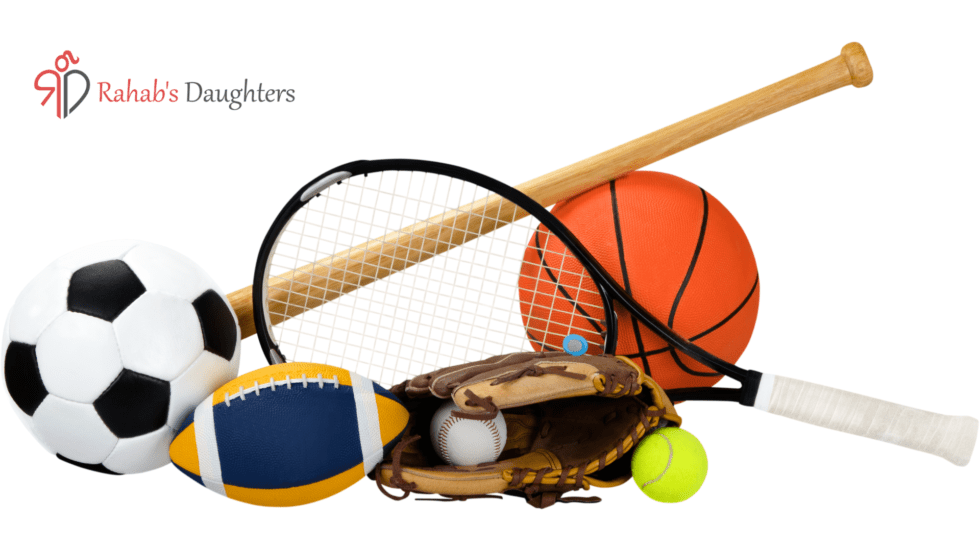5 Ways to Encourage Sports Organizations to Recognize and Fight Human Trafficking

Sporting events provide us with camaraderie and common cause. National and international events, like the Super Bowl, the World Cup, and the biennial Olympic Games draw tens of thousands of people who are ready to cheer on their teams and engage in friendly competition. It is easy to get caught up in the convivial nature of events and miss the trade happening in the shadows. High populations around these tournaments create hotbeds of human trafficking trade, concentrating the demand for both sex and labor trafficking.
At many large events, groups of nonprofit organizations, including Rahab’s Daughters, collaborate with law enforcement and concerned citizens to actively combat human trafficking. There is, however, one essential partner missing; the sports organizations themselves. With a few exceptions, most of the large international and national sports leagues don’t acknowledge that human trafficking exists, let alone take responsibility for the sale of humans conducted in conjunction with their events.
There have been some recent signs of change. Following some player-led initiatives, the MLB made monetary donations to organizations combatting human trafficking. FIFA has recently convened a Human Rights Advisory Board, but only after several victims of labor trafficking died while they were forced to build the stadiums for the 2022 World Cup, set to take place in Qatar.
How can individual fans start to hold the major sports leagues accountable? Here are five actions you can take to demand that leagues participate in the fight against human trafficking.
1. Ask what actions the sports organization is taking.
With the advent of social media, we have the ability to speak directly to people in power, including the leaders of major sports organizations. When trafficking arrests are made in conjunction with the Super Bowl, ask the NFL what they are doing to prevent human trafficking around football games. Remind the @Olympics that trafficking occurs around the Olympic Games every time they are held. Ask how they are planning to prevent it. Keep asking leagues what they are prepared to do to join in the fight.
2. When athletes or team owners engage in behavior that enables trafficking, hold the teams and the leagues accountable.
Most teams and sports organizations have codes of conduct for their players and team owners, but it seems like they are not enforced or enforced arbitrarily depending the person involved. When incidents like the arrest of New England Patriots owner Robert Kraft for soliciting prostitution happen, hold the team and the league accountable. Demand action to enforce existing rules of conduct.
3. When athletes or owners engage in behavior that combats trafficking, amplify it.
It’s important to recognize that changes are occurring for the better and that sports organizations are not monoliths of thought and behavior. When players, teams, and leagues take positive steps to fight trafficking, like Albert Pujols’ campaign against human trafficking, support their actions. Share the information with your networks and encourage the behavior or action. Many individual players have their own foundations or philanthropies, some of which work with other nonprofit organizations in the fight.
4. If you attend a game, look for signs of trafficking and report it.
If you suspect human trafficking while at a game, report it to the National Human Trafficking Resource Center at 1-888-373-7888. It can be difficult to discern what to look for but some warning signs may be people who seem afraid or withdrawn from others.
5. Educate your fellow fans.
Human trafficking takes place all around us, but is hidden on the fringes. Most people who are enjoying a game aren’t aware of the trade happening around them, don’t know what to look for, and don’t know how to report incidents. Make your friends and family aware of the problem and engage them in becoming part of the solution.
